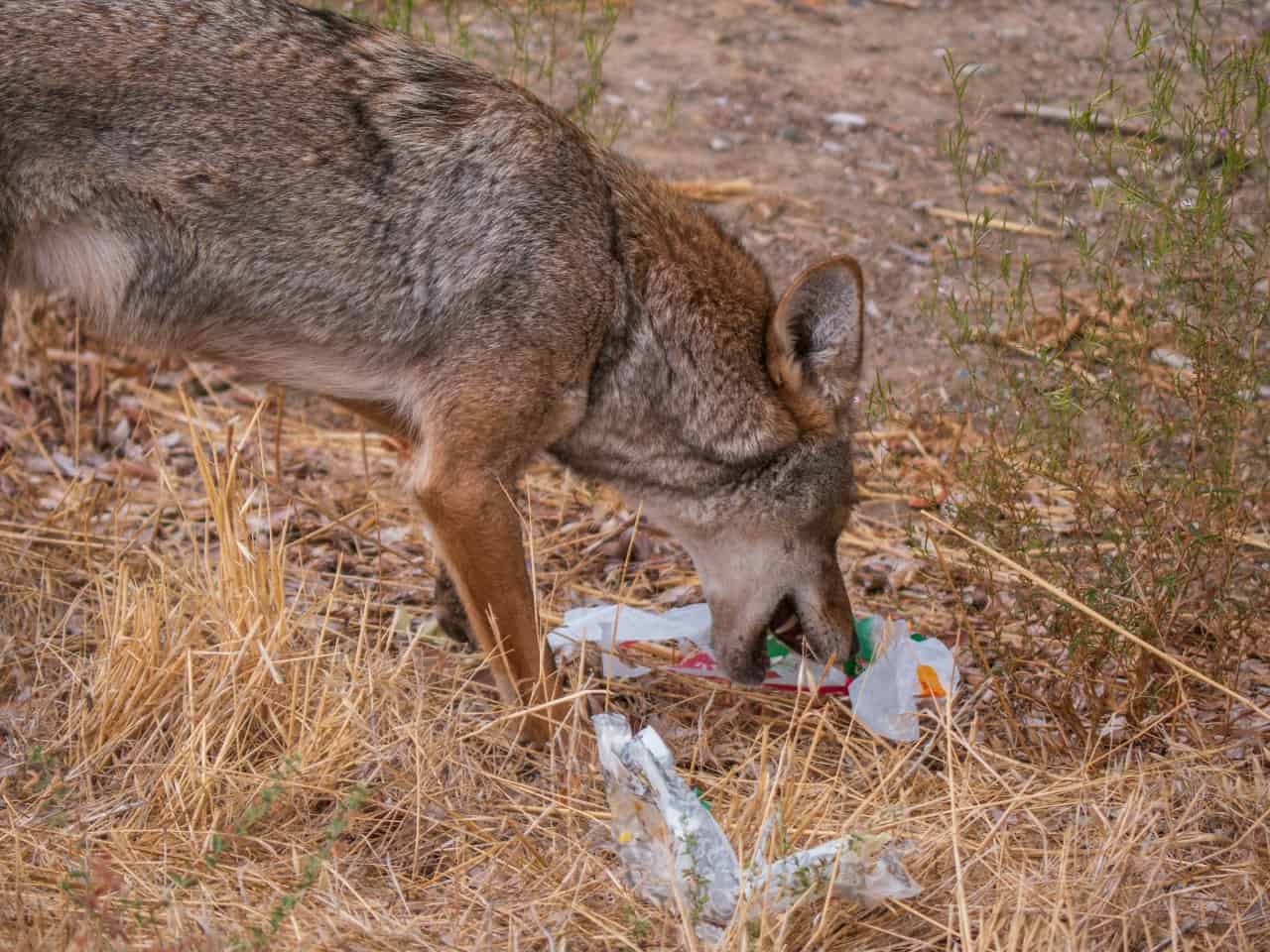Even feeding the birds can lead to big wildlife problems, Mississauga officials warn
Published November 6, 2023 at 5:05 pm

Animal Services officials in Mississauga who’ve been trying for years to keep coyotes and other wild critters away from people in their neighbourhoods and parks are warning residents that even a seemingly harmless act such as feeding the birds can lead to big problems.
While wildlife experts at the City of Mississauga have been aggressively delivering the “don’t feed the coyotes” (intentionally or otherwise) message to the public for many years — and, according to recent numbers, with some success the past 12 to 24 months or so — they have a follow-up message to get out there as well.
And that is: Don’t be so quick to feed the birds, or any other small animal, either.
“Offering wildlife food can inadvertently attract other pests like rats and mice, which, in turn, can attract larger predators like coyotes,” Mississauga officials said in a recent media release. “So, next time you want to feed the birds, think twice and remember that observing wildlife from a distance and allowing them to fend for themselves supports the well-being of both animals and our community.
“When food sources, like birdseed, are readily available, wildlife may gather in large numbers,” the message continues. “This could potentially lead to the spread of diseases and disruption of natural habitats. It can also have long-term negative impacts on local ecosystems.”
Essentially, officials say, people who in most cases have the best and kindest intentions wind up doing more harm than good — both to the wild animals and potentially to themselves and their neighbours as well.
“Feeding wildlife can unintentionally lead to negative consequences for both animals and people,” Animal Services officials said again in their most recent media release. “Handing out bread, nuts or leftovers to hungry animals may be an act of kindness, but in reality it can condition wildlife to rely on humans for food. Doing so can lead to some unintended consequences.”
In addition, feeding the critters can also have a significant financial impact on the culprit. People caught feeding wildlife in Mississauga are subject to a minimum fine of $300.
“This includes leaving food out, disposing of food waste or providing food in natural areas,” officials explain.
Wildlife experts with the city tell residents that wild animals such as raccoons, birds, foxes and coyotes “have evolved to find their own food and shelter. Encouraging these animals to rely on their natural instincts is crucial for their long-term survival and the health of our urban environments.
“When self-sufficient, wildlife reduces the chances of animals scavenging properties for food or becoming aggressive toward humans in search of handouts.”
Skunks, squirrels, raccoons and chipmunks who become dependent on humans for their food then often abandon their instincts to forage in the wild. This dependency can lead to illness and disease and can also cause wildlife to set up their home on your property, like nesting in your attic, burrowing beneath sheds or under your deck, city officials say.

Animal Services workers in Mississauga have often come across people who leave plates of food such as this out for wild critters to enjoy. (Photo: City of Mississauga)
INsauga's Editorial Standards and Policies


